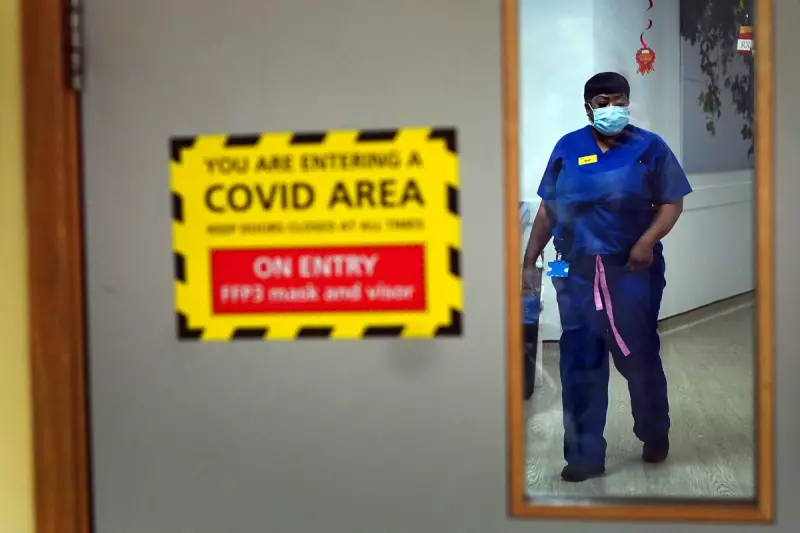
Scotland's First Minister has voiced his profound regret for the widespread suffering caused by the coronavirus pandemic, speaking just hours before the publication of the UK Covid-19 Inquiry's findings.
Regret and Responsibility
John Swinney, who served as deputy first minister during the health crisis, acknowledged the enormous damage inflicted by Covid-19. His comments came during First Minister's Questions at Holyrood on Thursday 20 November 2025, where he faced intense scrutiny over his government's handling of the pandemic.
When pressed to apologise for his actions, including the controversial deletion of government messages, Mr Swinney stated: "I have been very clear that I regret the suffering individuals experienced during the period of Covid." He emphasised that the virus had caused tremendous harm, with people losing loved ones and society continuing to deal with the consequences.
Opposition Condemnation
Scottish Labour leader Anas Sarwar delivered a blistering assessment of Mr Swinney's record, describing his actions as shameful and unforgivable. He highlighted three key areas of failure: the deliberate deletion of evidence, the downgrading of exam results for working-class students, and the failure to deliver meaningful Covid recovery.
Mr Sarwar identified what he called the most devastating decision made by the Scottish Government: sending hospital patients into care homes without adequate testing. He revealed shocking statistics, stating that over 100 Covid-positive patients and more than 3,000 untested patients were transferred to care homes, resulting in over 4,000 Covid-related deaths in these facilities.
Challenging the First Minister directly, Mr Sarwar said: "You don't need clinical advice to know that sending people with the virus to live with the people most vulnerable to the virus would lead to deaths."
Government Response and NHS Challenges
In his defence, Mr Swinney argued that ministers had been "dealing with an evolving situation" and had acted based on the best information available at the time. Regarding the deleted messages, he maintained he had followed Scottish Government policy.
The Labour leader presented damning figures showing the deterioration of NHS performance since the start of the parliamentary term in 2021. The statistics revealed dramatic increases in waiting times across multiple areas:
- Patients waiting four hours in A&E rose from 16,798 to 45,639 per month
- Those waiting eight hours increased from 1,810 to 15,821
- Inpatient treatment waiting lists grew from 96,053 to 155,849
- Outpatient appointment waits jumped from 391,938 to 559,077
Mr Swinney countered that the comparison period of 2021 represented the height of the pandemic. He pointed to recent improvements, noting 10,000 extra outpatient attendances in September compared to August, and 31,000 additional appointments and procedures from April to September 2025 compared to the same period in 2024.
The First Minister pledged that the Scottish Government would respond accordingly to the inquiry's recommendations as part of efforts to learn from what he described as "a traumatic period in the country's history."






